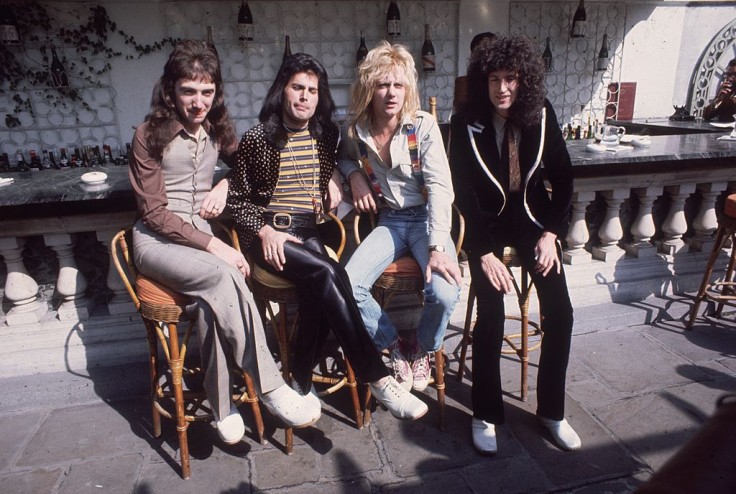
Freddie Mercury's Queen bandmate Roger Taylor penned a song for the band after learning the frontman was dying.
Mercury discovered he was HIV positive in the 1980s, and it eventually led to complications that caused his death. Although he did not share his health battle with the world until one day before his passing, his bandmates knew about it that they offered their full support for the vocalist in the years thereafter.
Roger Taylor Made a Song for Queen
Mercury's bandmates Taylor, Brian May and John Deacon found themselves in the studio to record new material while helping the singer in his battle.
One of the tracks they worked on included Taylor's "These Are the Days of Our Lives," which was featured on Queen's album "Innuendo" in 1991.
In his interview with Absolute Radio, the drummer looked back at the time he created the track and shared his thoughts about it.
"I was sitting at home in a rather reflective mood and I did know that Freddie was ill, and I think it came out of that slightly melancholic mood," Taylor opened up. "I guess I was trying to put an optimistic slant on it in a way - those were the days then. And these are the days of our lives - today is more important than yesterday."
The music video for the track added Mercury's final appearance in a Queen's material before his death months later.
Mercury's long-term PA and friend Peter Freestone said he never talked about his private life when he was alive. Thus, only a few people knew about his struggles and even his sexuality.
"When he left Garden Lodge, he accepted he was public property. The nearest to a disguise was dark glasses when he went shopping. When he went to bars, he was just himself," he said. "He was not ashamed of anything he did or anywhere he went. That was just Freddie."
Mercury reportedly kept things with him to protect the Queen and its image, though he was reportedly happy and proud of himself.
Mercury only disclosed his health and sexuality a day before his death in 1991. He said in a statement through his publicist, Roxy Meades, that he was diagnosed with HIV/AIDS in 1986.
READ MORE: Freddie Mercury Treated David Bowie and Other A-Listers This Way, Former Bodyguard Reveals
© 2026 MusicTimes.com All rights reserved. Do not reproduce without permission.







